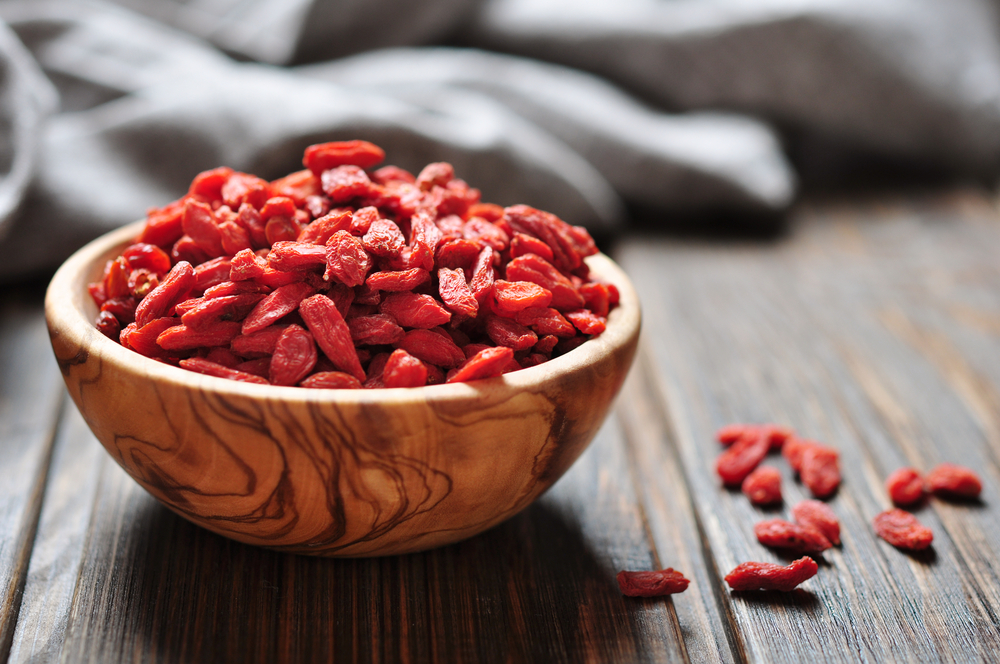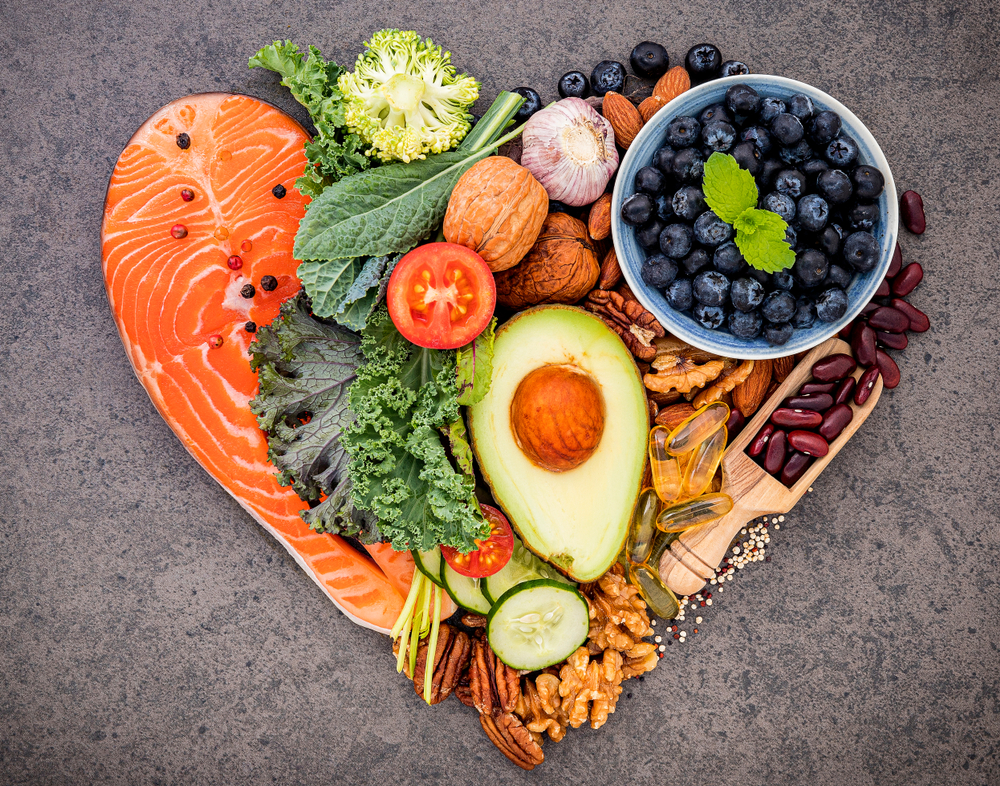Goji berries may help to reduce risk of eye diseases

Eating a handful of dried goji berries every day may help prevent or delay the onset of age-related macular degeneration (AMD) in middle-aged people according to a small, randomized trial carried out at the University of California[i] .
Goji berries are rich in lutein and zeaxanthin which are known to help reduce the risks of eye diseases related to AMD. The form of zeaxanthin found in goji berries is also highly bioavailable which means it is readily absorbed in the digestive system so the body can use it more easily.
AMD affects your central field of vision and can make you less able to read or recognize faces. It is the leading cause of vision loss in older people and is thought to affect more than a 1.5 million people in the UK and 170 million globally.
Exercise could help prevent pain

Regular high levels of physical activity may help to stave off chronic bone, joint and muscle pain. So says a study carried out at Portsmouth University involving nearly 6,000 people over the age of 50 taking part in the English Longitudinal Study of Ageing over 10 years[ii].
Tennis, running, swimming, digging with a spade or any sort of hard physical labour, as part of their job at least once a week were good options. Moderate activities such as dancing, walking, stretching, and gardening didn’t seem to provide similar protective benefits.
There are also some wonderful herbs that have great anti-inflammatory actions that can help reduce pain and inflammation. Great choices include devil’s claw, turmeric, ginger, white willow bark and frankincense. Supplements such as glucosamine and chondroitin can also help maintain the integrity of our joints and reduce further damage.
Research shows that a healthy diet supports longevity

Want to extend your life by as much as 10 years? Including more nuts, pulses, and grains in your daily diet from the age of 20 rather than following a typical Western diet of red meat and processed food could be an answer suggests research from the University of Bergen[iii]. And even making a change at the age of 60 could add an extra eight years.
So, what should the diet include? 225g of whole grains, 200g of fish, 200g of legumes and 400g of vegetables a day with no red meat, sugary drinks or processed foods would be optimum, say the researchers. “Probably relatively few people would optimise their diet completely, but it is possible to gain substantial benefits with feasible diet changes where some unhealthy food groups are eaten occasionally or to some degree,” commented one of the study’s authors Lars Fadness.
[i] www.mdpi.com/2072-6643/13/12/4409/htm
[ii] “Associations between pain and physical activity among older adults” by Nils Georg Niederstrasser et al. PLOS One
[iii] Fadnes LT, Økland J-M, Haaland ØA, Johansson KA (2022) Estimating impact of food choices on life expectancy: A modeling study. PLoS Med 19(2): e1003889. https://doi.org/10.1371/journal.pmed.1003889




















Add comment